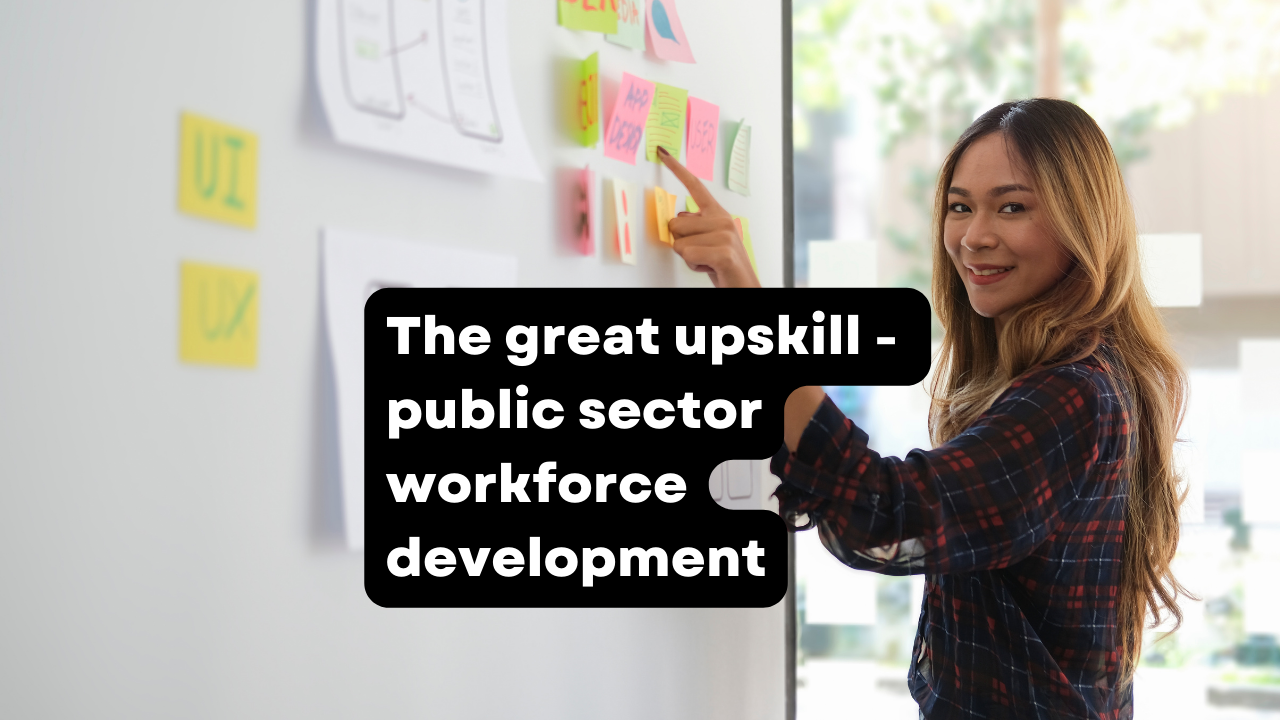
The APS Workforce Strategy for 2025 acknowledges the increasing demand for skills and talent and how reskilling and workforce development is the critical success factor in meeting this. The same report quotes that less than 50% of APS agencies actively and strategically planned for workforce skills and capabilities.
It is little wonder, then, that in research published by McKinsey in October 2022, for both public and private sector Australian employees, a lack of career development was the top reason given (52%) by public sector employees that were likely to leave their current job in the next three to six months and 30% of the reason why public sector employees were likely to stay in their job.
On a worldwide level, the correlation between career development and the current and future skills gap and shortages is also evident. LinkedIn's 2023 Workplace Learning Report reported that 25% of skill sets for jobs have changed since 2015; by 2027, this number is expected to double. Further, 89% of L&D professionals in this report agree that proactively building employee skills will help navigate the evolving future of work.
"28% of Australian workers will need more than three months of reskilling to meeting emerging skills needs, workforce reskilling in the APS requires a culture of continuous learning where employees with a growth mindset and curiosity make learning part of everyday work"—source: APS Workforce Strategy for 2025.

Building and growing capabilities from within
In a tight and competitive talent market where reducing employee attrition is crucial, one of the key focuses for public sector organisations must be to build and grow capabilities within their teams.
In the upcoming episode three of our new podcast series on embracing organisational change, we speak to Dan Bowes from Revenue NSW on the necessary transformational change of optimising service delivery for customers. In this conversation, Dan said that a great culture is a precursor for process improvement and customer outcome improvement. And his answer on how you get that is simple: You harness the skills that everyone has.
"And so the next step, I think, once you've kind of got people understanding what customers want, what their experience is, like, understanding some of the complexity around the work, is then how do they then get the opportunity and the skills to start improving the work?" Dan Bowes, Executive Director of Taxes & Grants Products, Revenue NSW.

A two-pronged approach
While much onus is on employers to proactively plan for skills development, at an individual level, a key consideration is to also take a structured approach to your career development.
In our article, Adapting the BE HOLISTIC™ Framework for Career Development, we provide how to use this approach to complete a career audit that helps to identify areas for career growth, helps to consider ways that you deliver value in the work you do, and identifies possible skills that could be strengthened or acquire for continued career success. At the end of this article, there is a link to conduct your own career audit, answering thirty questions across the BE HOLISTIC™ Framework to receive a personalised follow-up from CorbettPrice, providing advice on possible professional development options that could help equip you with skills for continued success.


